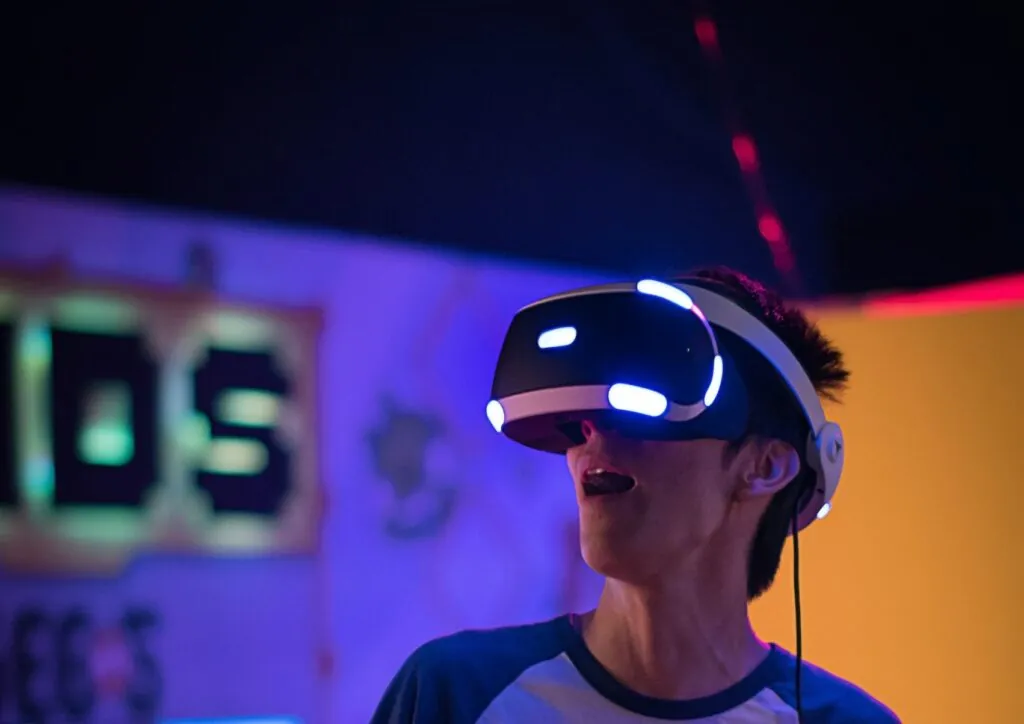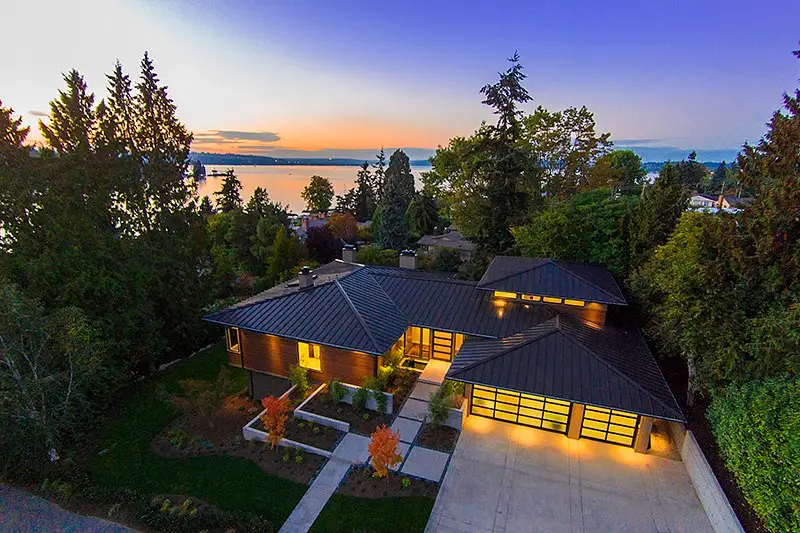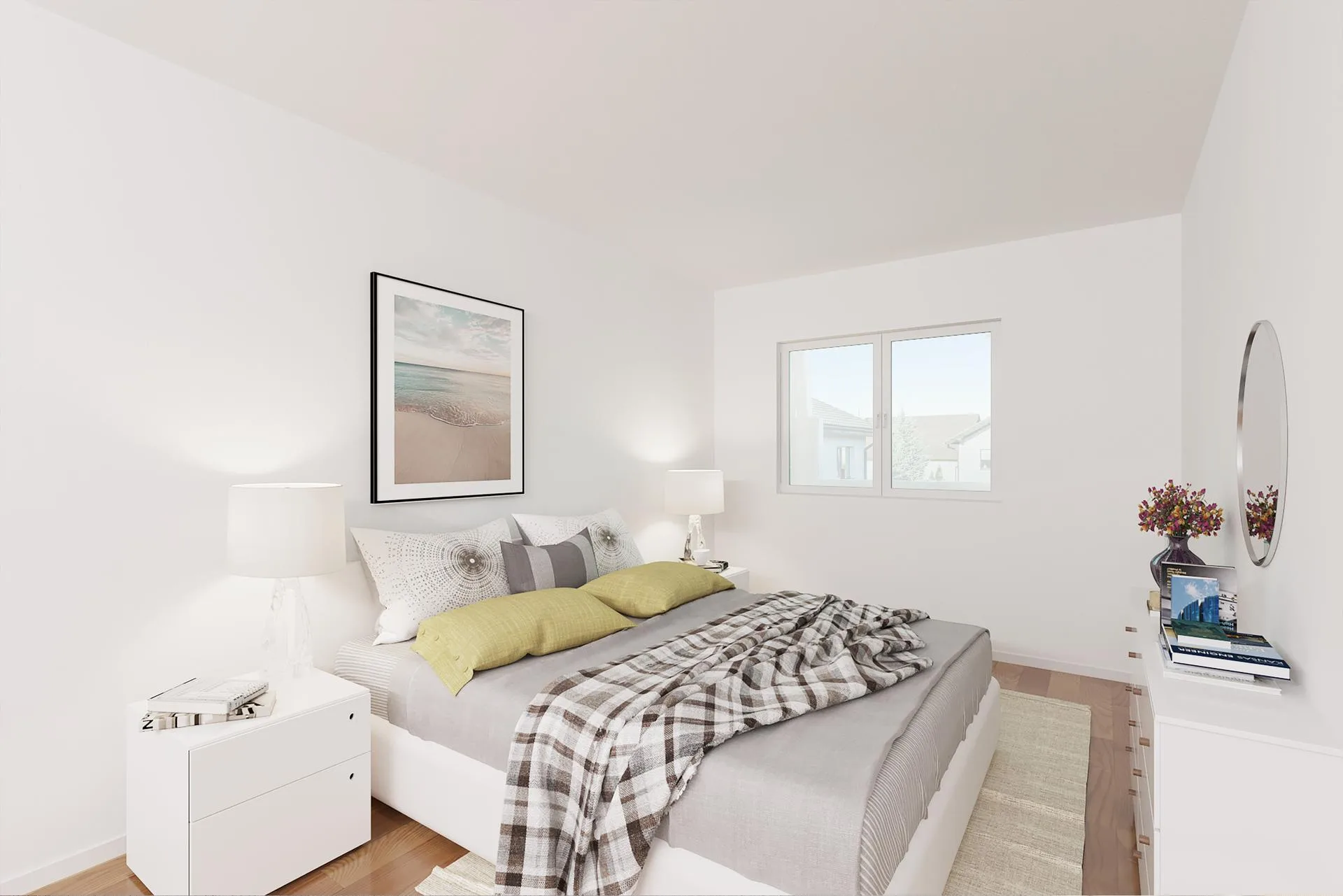
Top 5 Virtual Staging Design Trends in 2024
Introduction
In today’s fast-paced real estate market, where first impressions are crucial, virtual staging has emerged as a powerful tool for showcasing properties in their best light. As we step into 2024, the realm of virtual staging design is poised for further innovation, with a plethora of trends shaping the way properties are digitally presented to potential buyers. This article aims to explore five notable Virtual Staging Design Trends anticipated to make waves in 2024, highlighting how technology, creativity, and sustainability converge to redefine the virtual staging landscape.
If you are still wondering about virtual staging, read our article “What is virtual staging?”
Further reading:
- The Effective Impact of Virtual Staging in Real Estate Sales
- Virtual Staging vs. Home Staging: Which is Right for You?
- Home Staging & Virtual Staging Statistics for Home Sellers (2024)
Virtual Staging Design Trend 1: Fusion of Realism and Creativity
At the heart of virtual staging design lies the delicate balance between realism and creativity. In the year 2024, we foresee a trend towards seamlessly merging hyper-realistic rendering techniques with imaginative design elements. This fusion allows for the creation of visually captivating virtual spaces that not only mimic reality but also stimulate the imagination of potential buyers. By infusing artistic flair, bold color palettes, and unique design features, virtual staging designers can elevate properties to unparalleled levels of allure and desirability, ensuring they stand out amidst the digital noise.

Before: Empty Room

After: Virtual Staging by Digihomstudio.com
Virtual Staging Design Trend 2: Personalized and Customizable Staging
One size does not fit all in virtual staging design, and in 2024, customization will reign supreme. With virtual staging platforms becoming increasingly sophisticated, buyers will demand more personalized and customizable options to suit their unique preferences and lifestyles. This trend empowers buyers to tailor staging designs according to their individual tastes, selecting furniture styles, color schemes, and decor accents that resonate with their vision of the perfect home. By offering personalized and customizable staging options, virtual staging designers can forge deeper emotional connections between buyers and properties, enhancing the overall buyer experience.

Source: Gianluca Chiocca Interior Design Studio
Virtual Staging Design Trend 3: Integration of Virtual Reality (VR) Experiences

The integration of virtual reality (VR) technology is set to revolutionize virtual staging design in 2024. We anticipate a shift towards immersive VR experiences that allow buyers to explore staged properties in stunning detail. With VR, potential buyers can step into a virtual world, navigate through rooms, interact with virtual objects, and gain a true sense of scale and perspective. This level of immersion enhances the realism and engagement of the staging experience, making it easier for buyers to envision themselves living in the property. By incorporating VR experiences, virtual staging designers can create unforgettable moments that leave a lasting impression on buyers.
Video by: mimAR
Virtual Staging Design Trend 4: Biophilic Design Elements
Biophilic design, which celebrates the connection between humans and nature, will be a prominent trend in virtual staging design for 2024. We anticipate a focus on integrating natural materials, indoor plants, natural light, and outdoor views into virtual staging designs. These biophilic elements not only enhance the aesthetic appeal of staged properties but also promote feelings of well-being and sustainability. By immersing buyers in environments that evoke a sense of tranquility and harmony with nature, virtual staging designers can create spaces that resonate with their innate desire for a nurturing and rejuvenating home environment.

Before: Empty Room

After: Virtual Staging by Digihomestudio.com
Virtual Staging Design Trend 5: Minimalist and Sustainable Aesthetics
Minimalism and sustainability continue to influence virtual staging design in 2024, with a focus on clean lines, uncluttered spaces, and eco-friendly materials. We anticipate a trend towards minimalist interiors that exude simplicity and sophistication, complemented by sustainable features such as energy-efficient appliances and recycled furniture. By embracing minimalist and sustainable aesthetics, virtual staging designers can appeal to environmentally conscious buyers while creating visually striking spaces that stand the test of time.

Before: Empty Room

After: Virtual Staging by Digihomestudio.com
Conclusion
In conclusion, the future of virtual staging design is brimming with possibilities, driven by a convergence of technological innovation, creative expression, and environmental consciousness. As we navigate the virtual staging landscape of 2024, the trends outlined above are poised to shape the way properties are presented and perceived in the digital realm. By embracing these Virtual Staging Design Trends, designers can craft immersive, personalized, and sustainable experiences that resonate with today’s discerning buyers, setting the stage for successful real estate transactions in the years to come.





Leave a Reply